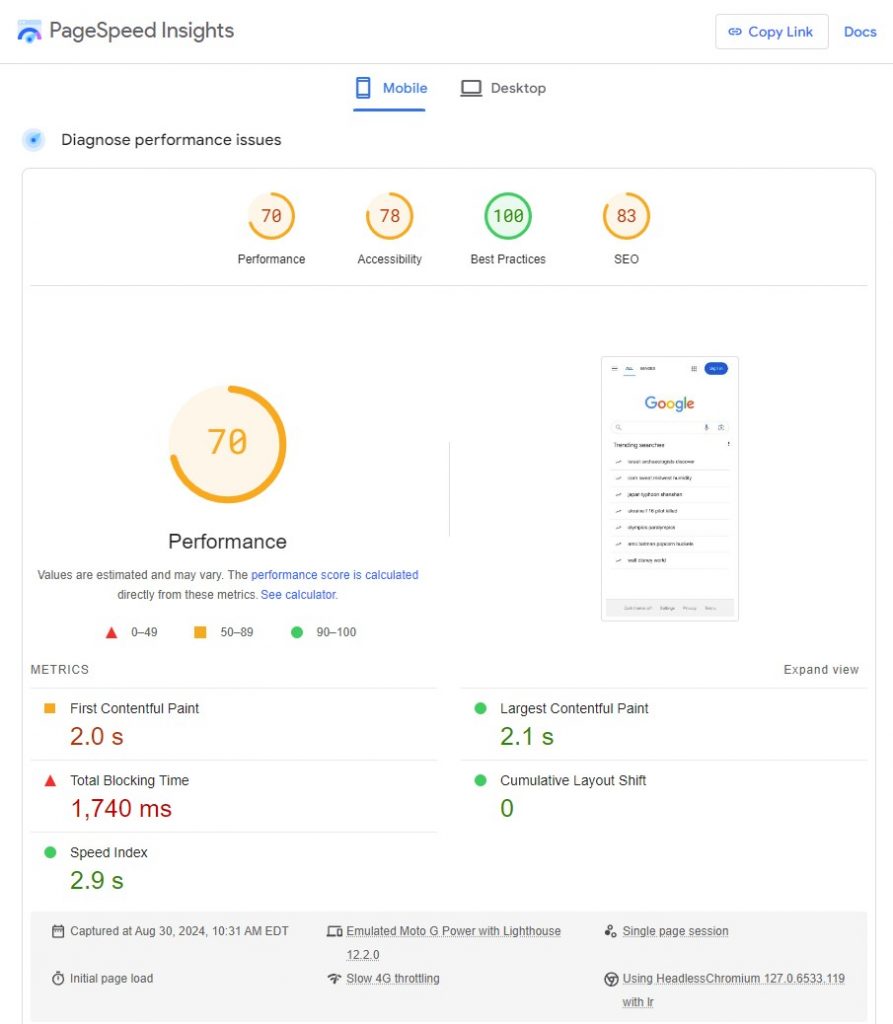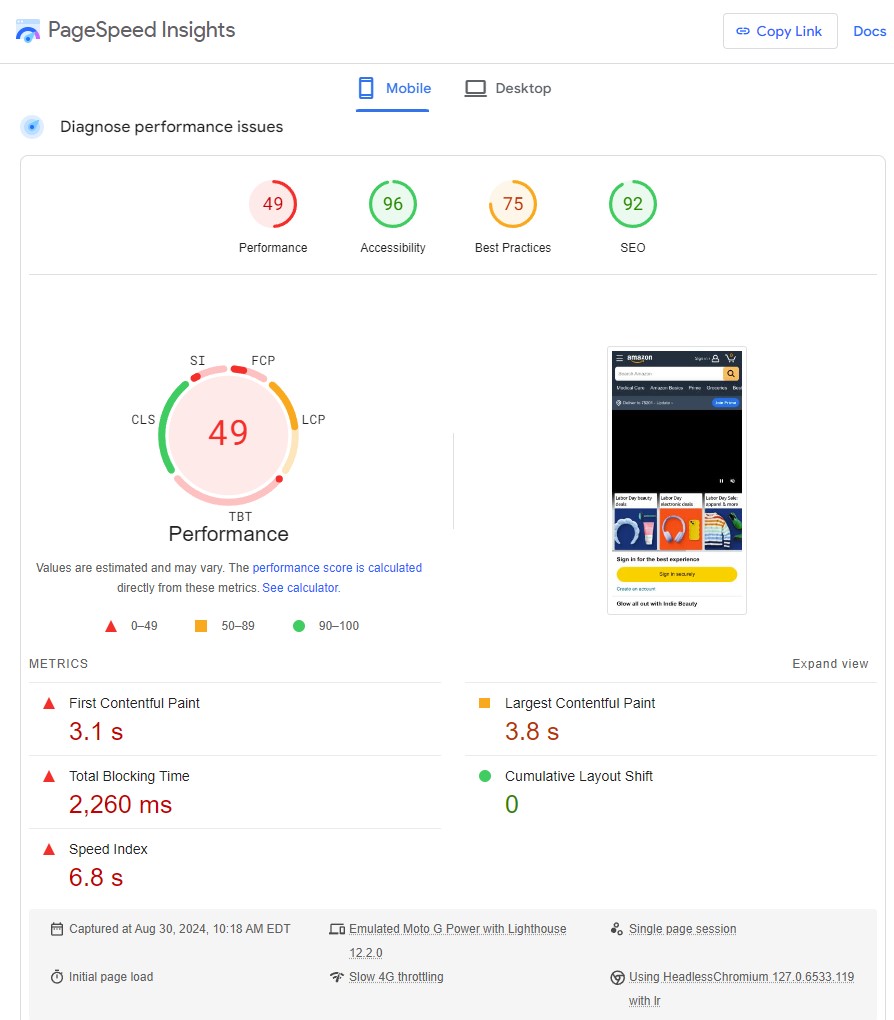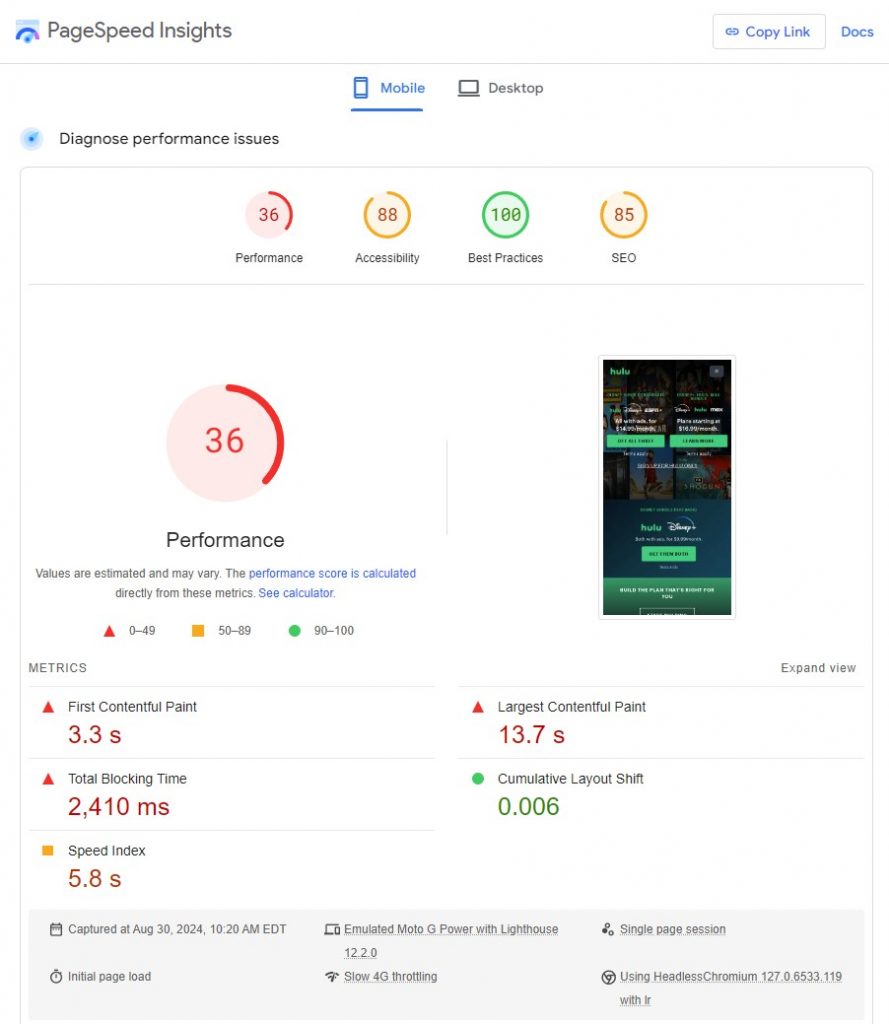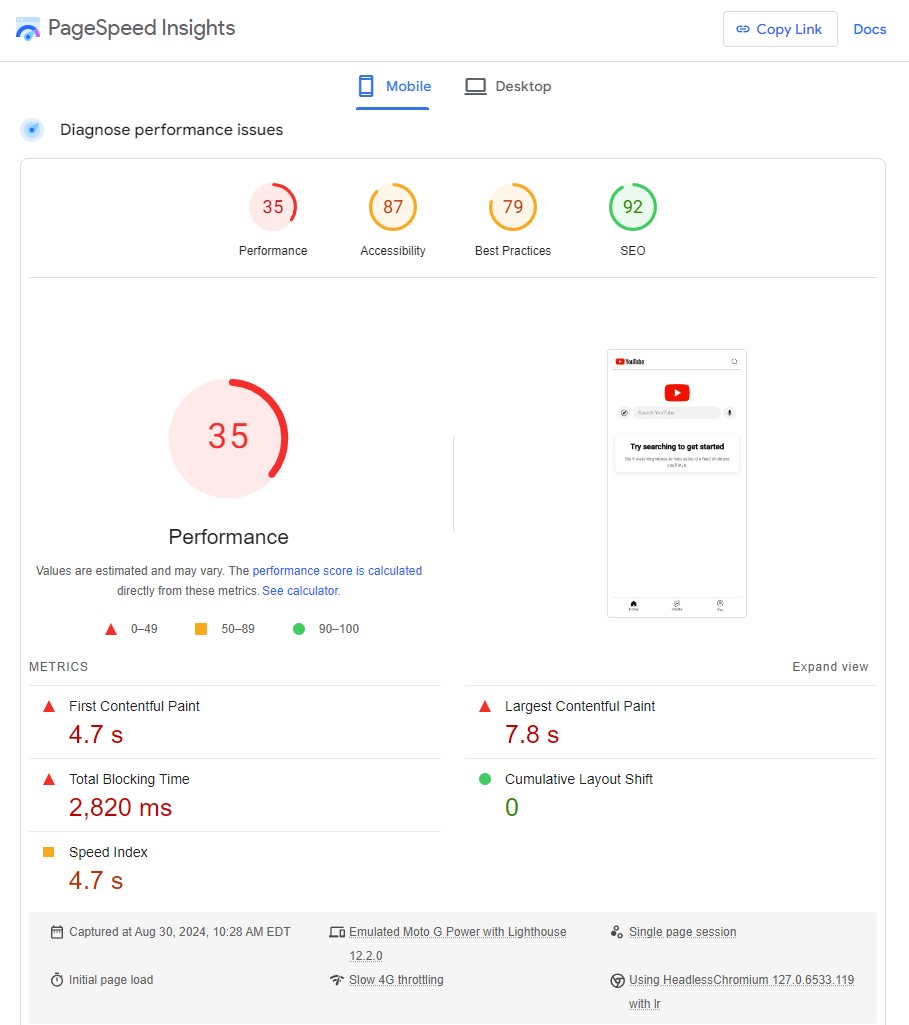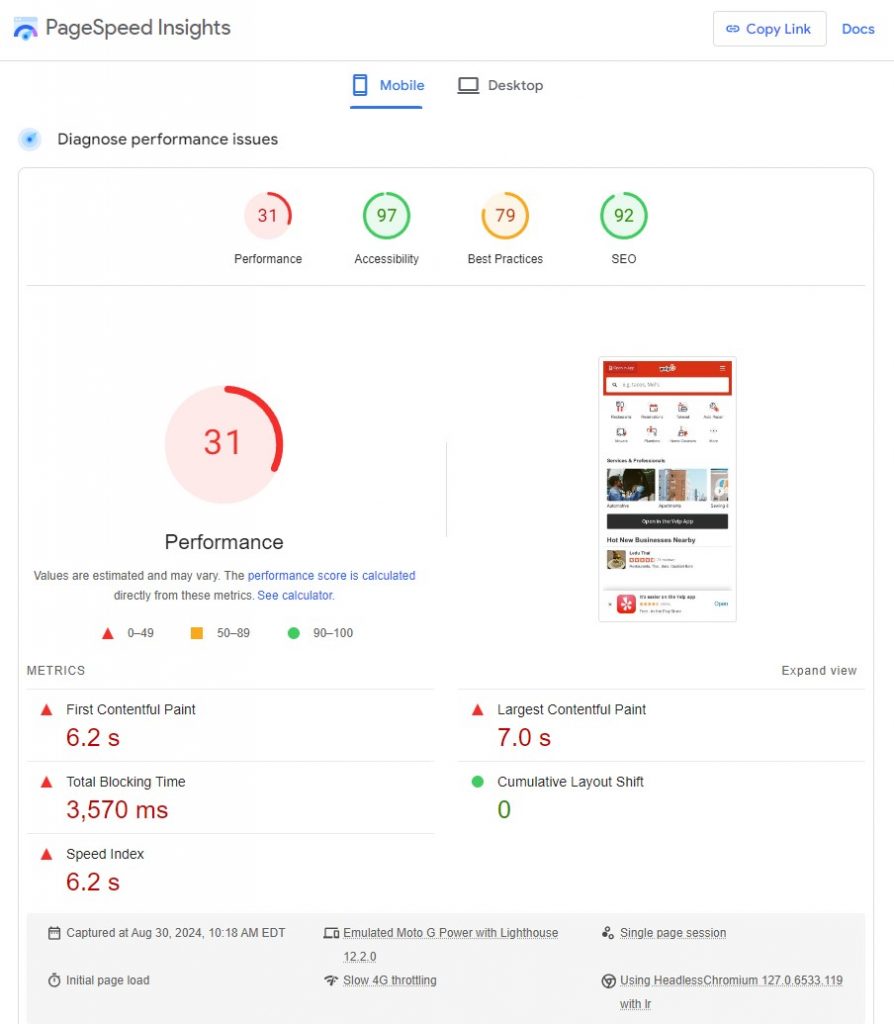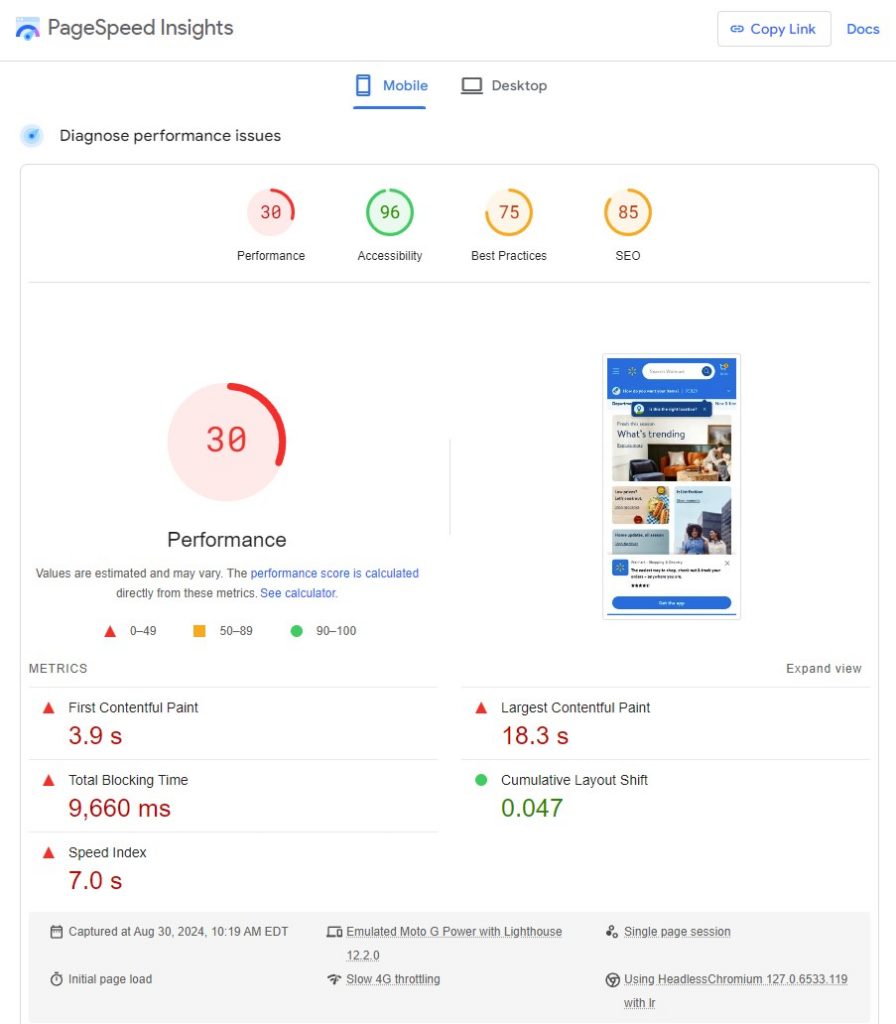First things first: A landing page needs to be on your website’s domain. If it isn’t, then it’s not a landing page—it’s a completely separate website, even if it’s only a single page. This distinction is crucial because many business owners are being misled by marketers who claim otherwise. This myth can end up hurting your SEO and wasting your marketing efforts.
The False Promise: “Landing Pages on Other Domains Boost Traffic!”
Some marketers might try to convince you that placing landing pages on different domains is a clever way to boost traffic or “hack” Google’s system. They might claim that this tactic can somehow give you an edge in search rankings or drive more leads. But here’s the reality: creating landing pages on different domains does not give you an SEO advantage. In fact, it can do the opposite.
The Reality: What Landing Pages Are and Aren’t
A landing page is a tool designed to guide visitors toward a specific action, like signing up for a newsletter, requesting a quote, or making a purchase. However, to be an effective part of your marketing strategy, it must reside on your main domain. For example, if your website is www.yourwebsite.com, your landing page should look something like www.yourwebsite.com/landing-page. When it’s hosted on your main domain, it contributes to your site’s overall SEO health and authority.
If you create a page on a different domain (like www.someotherdomain.com), Google treats it as an entirely separate website. This means you’re splitting your SEO power between multiple sites instead of building authority on one, which can confuse search engines and weaken your online presence.
Why This Myth Hurts Your Business
Let’s break down why the myth of off-domain landing pages is harmful:
- Diluted SEO Efforts: By placing landing pages on different domains, you’re fragmenting your SEO. Instead of building the authority of your main site, you’re spreading it thin across multiple domains. Google sees each domain as a separate entity, reducing your chances of ranking higher in search results.
- Visitor Confusion: Sending visitors to a different domain can confuse them. If they expect to be on your website but are redirected elsewhere, this can break trust and reduce the likelihood of conversions.
- Wasted Resources: Creating and maintaining multiple domains requires additional time and effort, without offering any real SEO benefit to your primary site.
The Honest Truth About Landing Pages
Landing pages are valuable, but they aren’t a loophole to exploit Google’s algorithms. Here’s what they actually do:
- Drive Specific Actions: A landing page is a focused tool designed to funnel visitors toward a specific action—whether that’s filling out a form, clicking a button, or making a purchase. But this focus should happen on your domain, reinforcing your website’s authority.
- Optimize for Relevancy: When properly used, landing pages can improve your website’s SEO by providing relevant, targeted content that aligns with user searches and marketing campaigns.
- Boost PPC Campaigns: Landing pages are incredibly effective for Pay-Per-Click (PPC) campaigns. By directing highly-targeted traffic to a page specifically built around the ad’s message, you can improve relevancy scores, drive down costs, and increase conversions. But again, this only works if the landing page is part of your main domain.
The Real Power of Landing Pages: PPC Campaigns
Landing pages can be a game-changer for your PPC campaigns. When they’re hosted on your main domain and aligned with your ads, they can:
- Improve Relevancy Scores: PPC platforms like Google Ads value relevancy. When your landing page closely matches the content of your ad, Google sees this as a positive signal, improving your relevancy scores. Higher relevancy means lower costs per click and better ad placements.
- Increase Conversions: A landing page that’s tailored to the ad’s message creates a seamless user experience, making visitors more likely to convert. This is a win-win for both your PPC performance and your overall website goals.
Best Practices for Landing Pages
To avoid falling into the trap of off-domain landing pages, focus on the following best practices:
- Keep It on Your Domain: Always host your landing pages on your main website. This not only boosts your SEO but also ensures a cohesive experience for your visitors.
- Streamline the Experience: Use landing pages to create a focused, distraction-free environment. Minimize navigation options to keep visitors on the path toward your desired action.
- Align with Your PPC Strategy: Tailor your landing pages to match the message and intent of your PPC ads. This approach maximizes your ad spend’s effectiveness by increasing conversions and lowering costs.
- Provide Clear Value: Use compelling content and a strong call to action to guide visitors toward a specific goal. Remember, the purpose of a landing page is not to trick search engines but to provide a clear, valuable path for your audience.
Protecting Your Business from SEO Myths
If someone is telling you that landing pages on different domains are the secret to driving traffic and boosting SEO, they’re selling you a myth. Quality landing pages are a powerful tool, but they must live on your main domain to be effective. They’re not about gaming the system; they’re about offering targeted, valuable experiences that drive conversions and support your website’s overall goals.
Don’t let yourself be taken advantage of by misleading marketing tactics. A solid landing page strategy—rooted in best practices and honesty—will always serve your business better in the long run. In SEO and online marketing, there are no magic tricks—just smart strategies and consistent effort.

